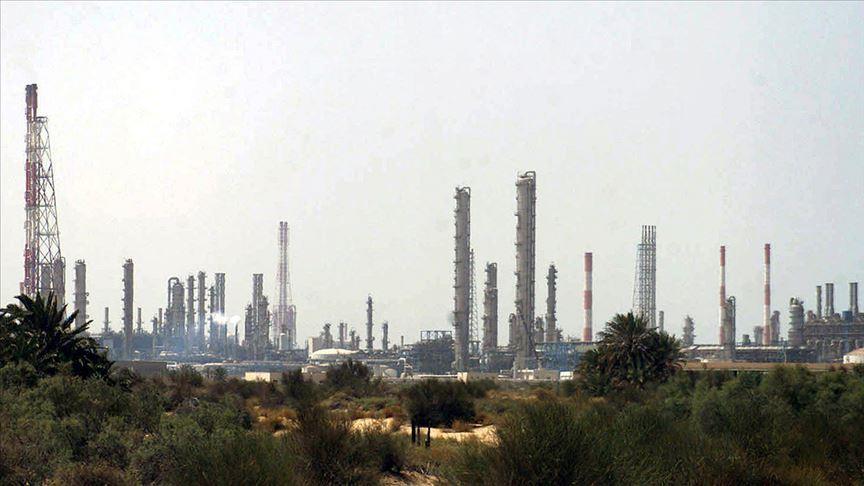Oil prices edged higher on Tuesday over hopes that US Federal Reserve (Fed) will keep its interest rate unchanged before a widely expected soft landing and rising geopolitical tension in the Middle East after a Houthi attack on a commercial tanker sailing in the Red Sea.
International benchmark crude Brent traded at $76.53 per barrel at 10.43 a.m. local time (0743 GMT), a 0.65% increase from the closing price of $76.03 a barrel in the previous trading session on Friday.
The American benchmark, West Texas Intermediate (WTI), traded at the same time at $71.84 per barrel, up 0.72% from Friday’s close of $71.32 per barrel.
Expectations that the US Fed could maintain its key policy rate during its meeting on Wednesday lent support to crude oil prices.
The Fed had skipped the interest rate during the previous meeting on Nov.1 in line with the expectations, keeping its federal funds rate unchanged between the 5.25% – 5.5% target range.
Analysts say Fed Chairman Jerome Powell is anticipated to reaffirm his commitment to bringing down inflation during the Federal Open Market Committee (FOMC), the minutes of which will be released on Wednesday.
If the US inflation data to be announced today supports the expectations that the Fed has tapered off on its hawkish steps, oil prices are expected to continue their rise.
Rising tensions after Iran-backed Houthis in Yemen targeted a commercial tanker sailing in the Red Sea also contributed to the increase in oil prices.
The US military’s Central Command said in a X post that ‘at around 4 p.m. EST on December 11, the Motor Tanker STRINDA was attacked by what is assessed to have been an Anti-Ship Cruise Missile (ASCM) launched from a Houthi controlled area of Yemen while passing through the Bab-el-Mandeb.’
Meanwhile, the US plan to buy up to 3 million barrels of crude oil for the Strategic Petroleum Reserve (SPR) continue fanning the prices. The country had sold massive amounts of crude oil last year to counter rising gasoline prices.
However, prices increases were limited over fears of oversupply for the first quarter of next year after OPEC+ countries announced their voluntary cuts until March of next year.
According to analysts, skepticism over whether the OPEC+ group’s voluntary production cutbacks would be sufficient to offset the expected surplus supply will prevent oil prices from rising much higher.

